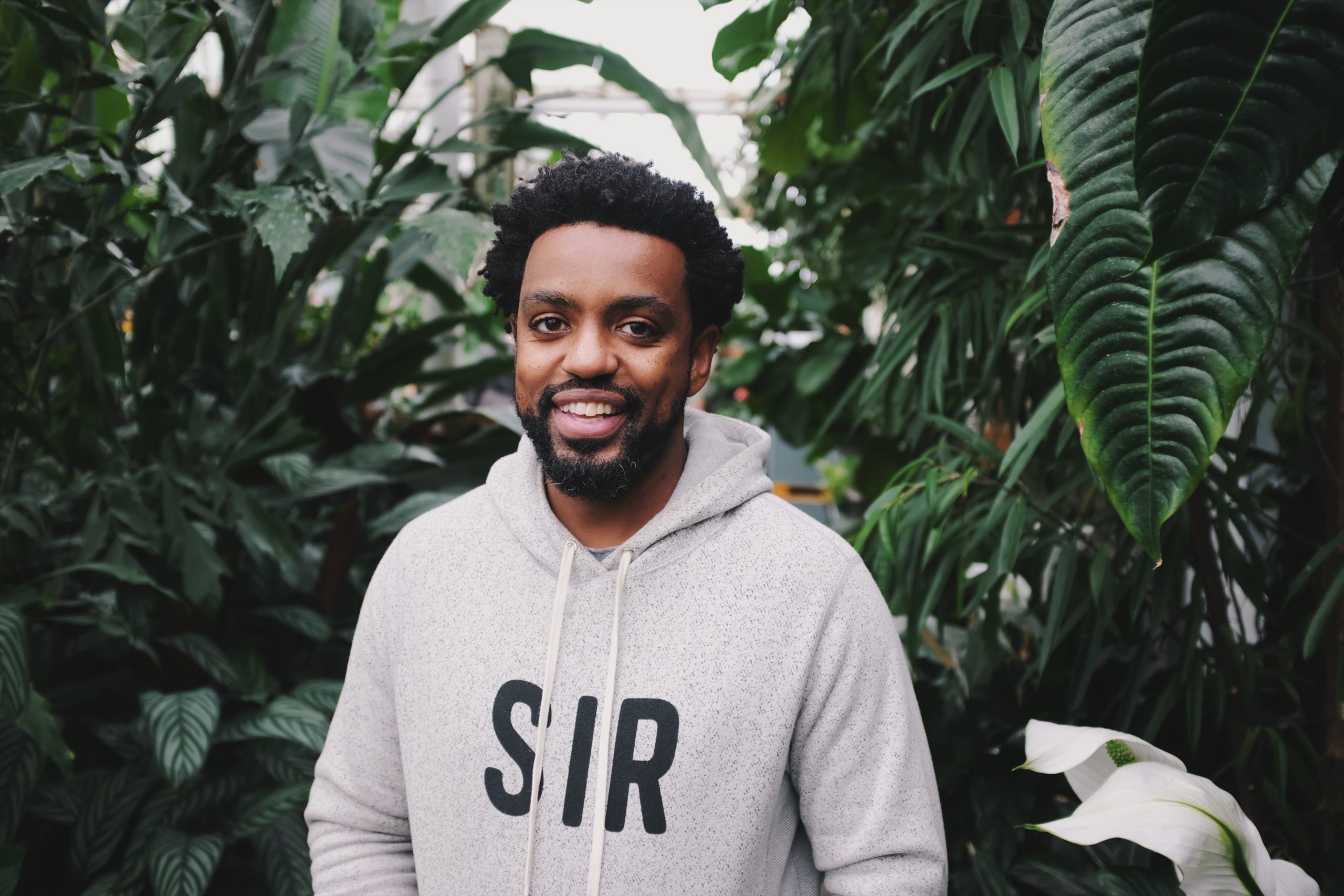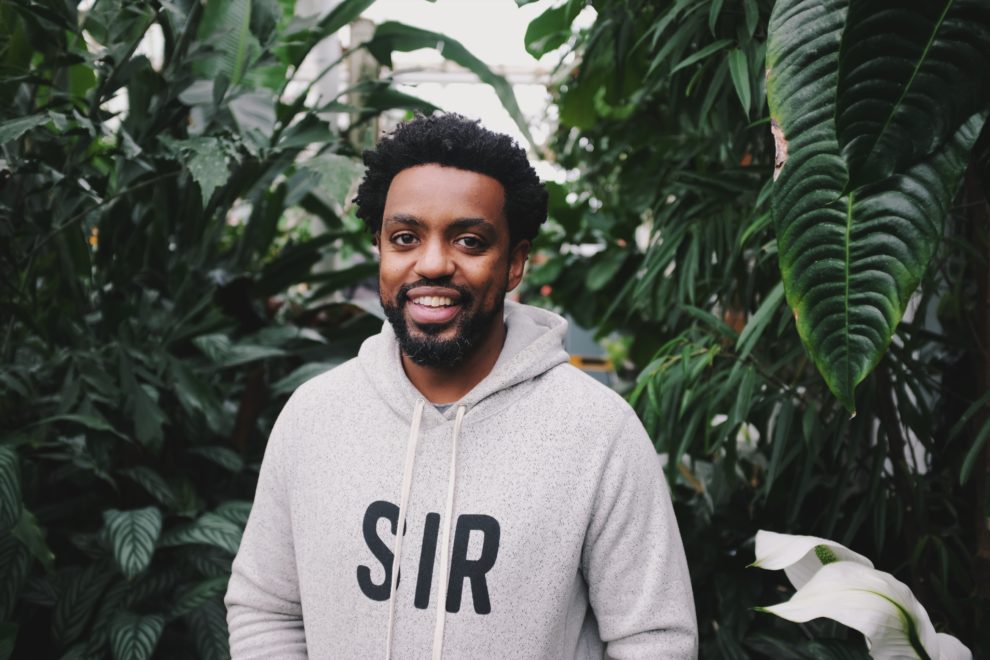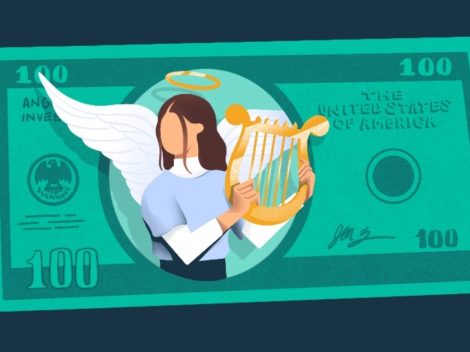As I personally have tried to wrap my head around what’s happening in the country right now, one individual kept kept coming to mind as a key player in the startup world who could provide a unique insight.
I first interviewed Joah Spearman, co-founder and CEO of Austin-based Localeur, in 2017. His startup aims to be an “authority on how to experience local in over 130 cities around the world, including where to eat, drink and play.” It has served more than 5 million travelers since 2013 and partnered with brands ranging from Nike and Lyft to JetBlue and Match.com. Localeur has raised $5.8 million in venture funding since its 2013 inception.
CB: When we’ve talked in the past, you’ve been open about the challenges you’ve faced as a black entrepreneur. Can you share any that stand out in your mind in particular?
JS: One of the most challenging parts about being a black entrepreneur and explaining the ways racial biases challenge your experiences, particularly with fundraising, is that the offenses aren’t as overt as being killed by police as George Floyd was or chased in the street as Ahmaud Arbery was or even profiled as Christian Cooper was in Central Park by Amy Cooper.
It’s far more subvert; like a VC taking a vanity meeting with you not because they will invest in you, but because they’re speaking on a conference panel the next day and want to say they are regularly speaking with black founders (though seldom if ever investing in them) or an investor comparing you to another founder of color in a completely different industry rather than looking at your actual industry peers. I’ve had a New York-backed VC sleep during one of my meetings, I’ve had an Austin-based VC tell me I should buy other companies and create a roll-up when I hadn’t even raised $500,000 before, and I’ve had a Silicon Valley-based VC use me as an excuse to introduce me to a prominent founder he wanted to chat with but never actually gave me the chance to talk about my company and pitch the opportunity. All of these instances felt to me, at the time years ago and now years later, like covert signs of racial bias.
CB: We know that the percentage of black founders receiving venture funding is shockingly low. What are your thoughts on why that is? And what needs to be done to change that?
JS: At this point, there have been plenty of articles, conferences and panels lamenting the lack of diversity in tech, the lack of support from institutional VC, and the lack of inclusion at the highest levels of tech companies. The reason these issues still persist is really simple: LPs do not put pressure on VCs to change, VCs do not want to change, and white and Asian male founders perceive little benefit in the landscape changing either, so we’re stuck with fighting on our own behalves to make the kind of institutional changes that the entire industry and its leaders must join in changing. What we are seeing with police in America is no different that what will need to happen with VC; white people will have to value us and demand change in order to get meaningful improvements and progress.
CB: How does it feel to be a black entrepreneur in an industry largely dominated by white males?
JS: One of the reasons I’ve been so outspoken as a black entrepreneur is because I’m tired of this myth in our industry that in order to be successful in this industry, you have to be Ivy League educated or a white or Asian male. No one will ever say this myth out loud, but you see it every day when a dozen white founders raise $5 million, yet that only happens 3 or 4 times a year for black founders. Serial entrepreneurs, not first-time founders, are the most successful, but if black founders are never given the chance to raise funds, pursue concepts and ideas, fail, then try again and again as white founders do, we’ll continue to be held up to this impossible standard of having to be successful with our first company right out the gate every time, a bar of entry no white founder has been forced to reach.
CB: What can we learn from the murder of George Floyd and its tragic aftermath?
JS: George Floyd’s death, like Breonna Taylor’s or Michael Brown’s or Eric Garner’s or so many others’, teaches us that the issues of the past don’t just go away with time. There is no Moore’s law for black lives. We are not software, we are humans, and progress will only come through consistent, tireless work, not just by us but by our white and other non-black allies showing up and growing in numbers and getting louder, angrier and more tired alongside us and pushing for progress in everything from police to VC funding.
CB: What would you say to founders and investors who want to take action to combat discrimination?
JS: This is a time where I see a lot of virtue signaling, which I define as pointing to future intentions without addressing one’s prior actions. This is a time where it’s super important that investors, founders and companies in tech especially realize that–especially during a pandemic–the internet can be a driving force, a positive force for change, but it starts with self-evaluation, empathy and authenticity. So many are in a hurry to go on Twitter or LinkedIn or Instagram and post about how much of an ally they are, how committed they are, how much black lives matter, yet when you look at their investment portfolios you see no black founders; when you look at their executive teams you see no black people outside of people leading diversity; when you look at their previous behaviors you see many instances where they made it clear that this was not a priority to them. Before people strive to look the part of an ally, it’s important they better understand what they need to change about themselves, their own firms, their own companies, and their own ways of doing business, and find a way to exemplify the change rather than talk about the change.
Photo credit: Larry Luk

Stay up to date with recent funding rounds, acquisitions, and more with the Crunchbase Daily.






![M&A - Illustration of a magnet attracting various products. [Dom Guzman]](https://news.crunchbase.com/wp-content/uploads/mergers_and_acquisitions-470x352.jpg)
![Illustration of a guy watering plants with a blocked hose - Global [Dom Guzman]](https://news.crunchbase.com/wp-content/uploads/quarterly-global-3-300x168.jpg)
67.1K Followers